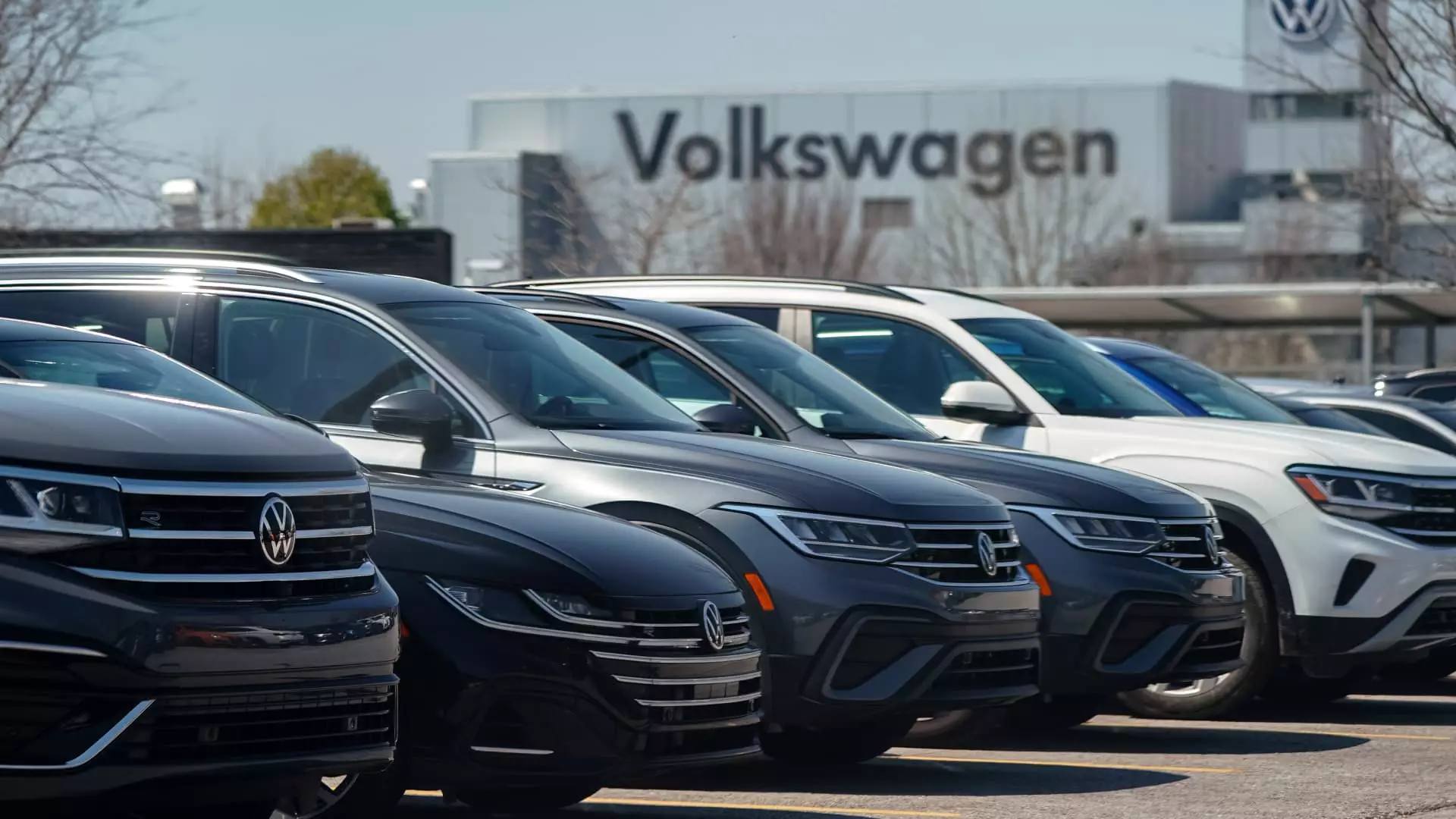The recent victory of the United Auto Workers (UAW) at the Volkswagen plant in Chattanooga, Tennessee, marks a significant achievement for the Detroit-based union. With 73% of the votes in favor of joining the UAW, the outcome of the labor organizing efforts could have far-reaching implications for the automotive industry in the United States. The success of the UAW at a foreign-owned automaker plant in the South is seen as a decisive win by labor experts and industry analysts.
President Shawn Fain and the UAW leadership viewed the Volkswagen vote as a crucial opportunity to expand their organizing efforts beyond traditional Detroit automakers. Leveraging the record contracts with General Motors, Ford Motor, and Chrysler parent Stellantis, the union aims to target 13 non-union automakers in the U.S. The UAW’s organizing drive covers nearly 150,000 autoworkers, including companies such as BMW, Honda, Toyota, and Tesla. The success at Volkswagen is expected to inspire further action in the industry.
One of the immediate consequences of the UAW’s victory at Volkswagen is the potential impact on labor costs. UAW organizers capitalized on the high labor costs at Detroit automakers to gain support at VW. The effect of substantial pay increases on the profitability of U.S. operations for automakers like Volkswagen could reshape the industry landscape. GM, Ford, and Stellantis may benefit from a more level playing field if non-unionized automakers face similar labor cost pressures.
As the UAW sets its sights on organizing efforts at Mercedes-Benz in Alabama, the momentum from the Volkswagen victory is expected to carry forward. With a formal election scheduled for May, the union is gearing up for another potential success in organizing 5,200 workers at the SUV plant in Vance. The UAW’s commitment to expanding its reach and advocating for the working class is evident in its ongoing efforts to organize and negotiate contracts at various automaker plants across the country.
Despite the support garnered at Volkswagen, the UAW faces challenges in negotiating terms with smaller automakers like VW. The union’s success in Chattanooga sets a positive precedent for future organizing efforts in the South, but potential opposition and economic factors remain key considerations. The threat of layoffs and job insecurity posed by unionization is a concern raised by governors in several Southern states, highlighting the complexity of labor dynamics in the automotive industry.
The decline in UAW membership over the years reflects broader changes in the automotive industry and labor landscape. Free trade agreements, globalization, and shifting production trends have impacted union membership, with the UAW experiencing a significant decline from its peak in the late 1970s. The challenge for the UAW lies in adapting to the changing dynamics of the industry while advocating for the rights and benefits of autoworkers in an evolving economic environment.
The UAW’s victory at Volkswagen in Tennessee represents a significant milestone for the union and the labor movement in the United States. The implications of this success extend beyond the immediate organizing efforts at VW and pave the way for future initiatives in the automotive industry. As the UAW continues its drive to organize non-union automakers and negotiate contracts for workers across different plants, the outcome of these efforts will shape the future of labor relations in the U.S. automotive sector.

